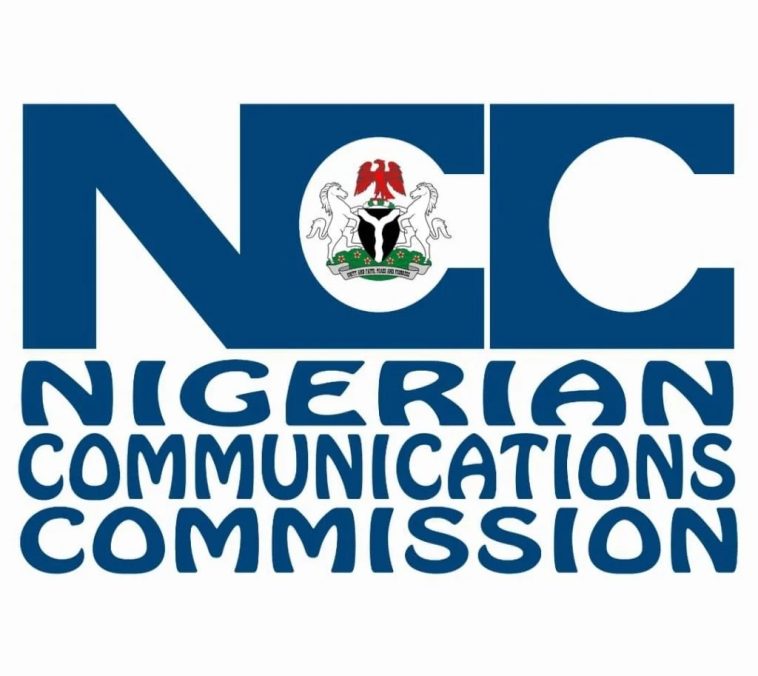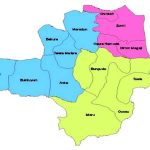Nigerian Communications Commission
The Nigerian Communications Commission will this week publicly release the names of 18 banks that have failed to settle their outstanding debts for using Mobile Network Operators’ Unstructured Supplementary Service Data platforms.
These banks collectively owe a total of N200bn, and the telecom regulator is preparing to take action, including suspending USSD services for the defaulters.
Impeccable industry sources told The PUNCH on Monday that only four banks have met the payment requirements outlined in a joint directive issued by the Central Bank of Nigeria and the NCC in December 2023.
The directive stipulated that 60 per cent of pre-API (Application Programming Interfaces) invoices must be settled by January 2, 2025, with payment plans to be agreed upon by the banks and MNOs. However, the other banks have yet to fulfill their payment obligations.
Pre-API invoices are the outstanding payments for USSD services that were incurred before the implementation of Application Programming Interfaces in February 2022.
Before the adoption of APIs, USSD transactions were often managed using older or less standardised methods, which sometimes led to disputes over billing and reconciliation between banks and telcos.
The service suspension, which is expected to take effect in two weeks, could significantly impact Nigerians who rely on USSD services for banking transactions, particularly those without internet access.
In the public statement that the NCC will release, subscribers to these services will be given directives on how to switch to other banks, ensuring they can continue accessing banking services without disruption.
The NCC’s move to expose the defaulters is part of an ongoing effort to resolve the long-standing debt dispute between banks and telecom companies, which has been a point of contention for several years.
Telecom operators have expressed concerns about the impact of the unpaid debt on the sustainability of USSD services and also threatened to withdraw the service.
Sources said that while banks have been reluctant to prioritise payments, MNOs have refrained from carrying out their threats of suspending the service due to the service’s critical role in the economy.
Electronic payment statistics data from the CBN have shown that, between January and June 2024, 252.06 million transactions, which amounted to N2.19tn, were carried out via USSD.
This is a significant increase compared to the full-year data for 2023, which showed that N4.84tn was transacted via USSD codes across 630.6 million transactions.
Initially developed by telcos for providing airtime and subscription services, the USSD service has been widely adopted in the banking sector because it does not require an Internet connection.
In November, the Chairman of the Association of Licensed Telecom Operators of Nigeria, Gbenga Adebayo, told The PUNCH that operators were seeing some progress in the repayment of the debt, with smaller banks beginning to settle their obligations.
However, tier-one lenders, which are responsible for the bulk of the debt, have yet to make significant payments.
“We are seeing payments from smaller players, but the big banks, which owe the most, have not been forthcoming,” Adebayo said in a call.
“We are now waiting for intervention from regulators, including the CBN and NCC, to resolve the issue,” he added.
In October, the Director at Adaba Consult, Ejike Onyeaso, told The PUNCH that telecom companies are upset with banks over inadequate payments for leased lines used for services like USSD.
He stressed that since banks generate revenue through these services, they should compensate telecom firms. Onyeaso also warned that if telecom providers act on their threats to suspend services, it could disrupt banking operations.





GIPHY App Key not set. Please check settings